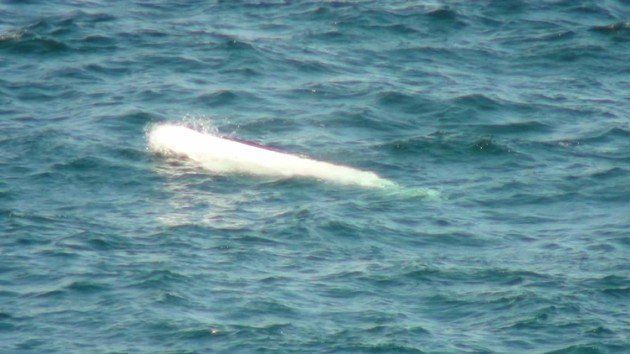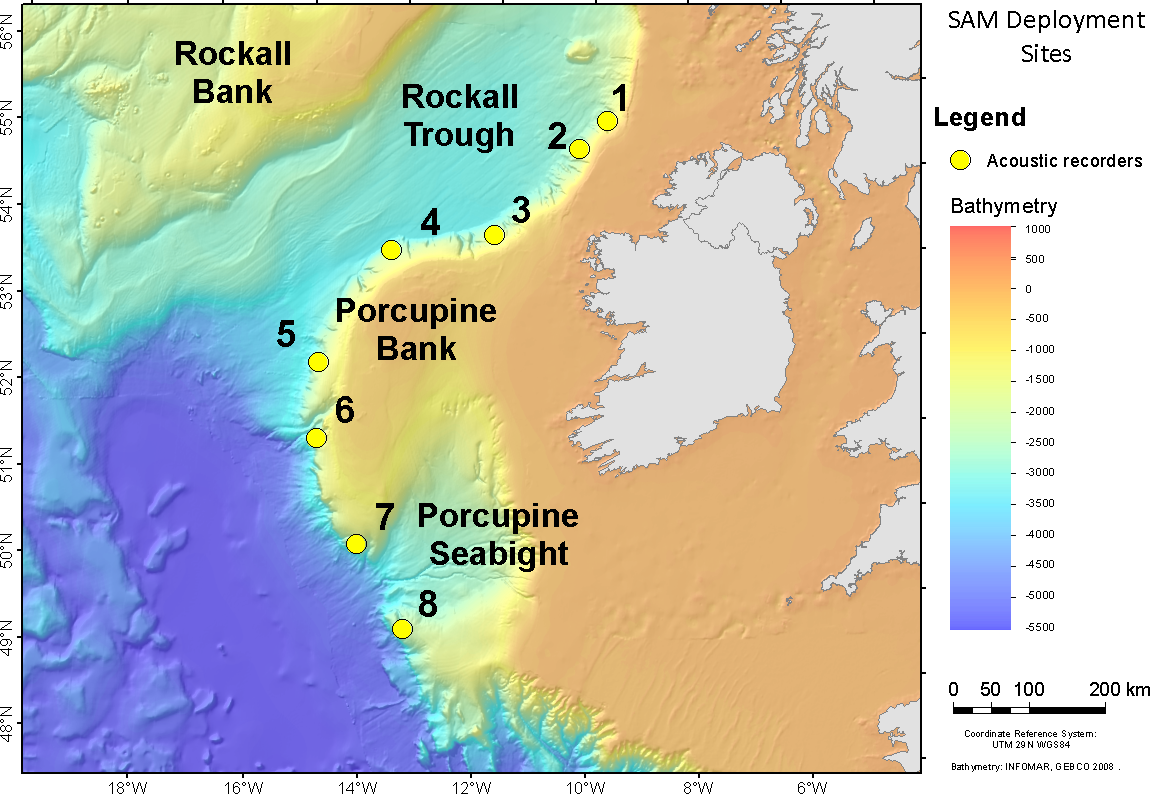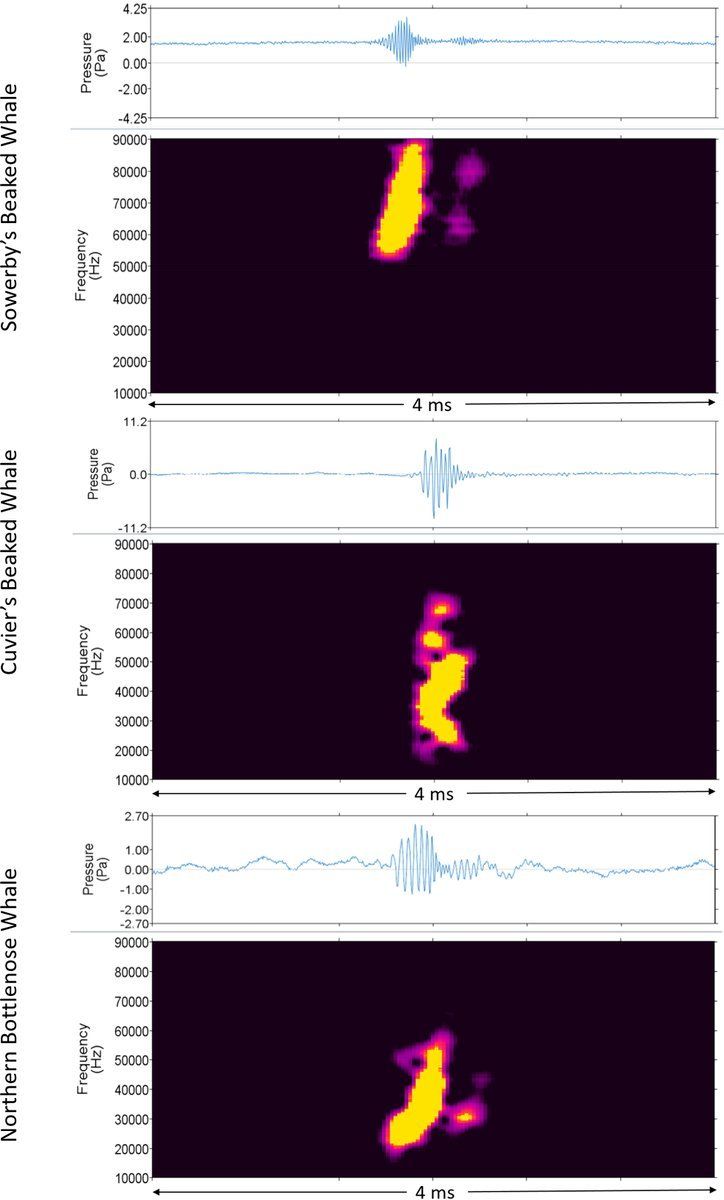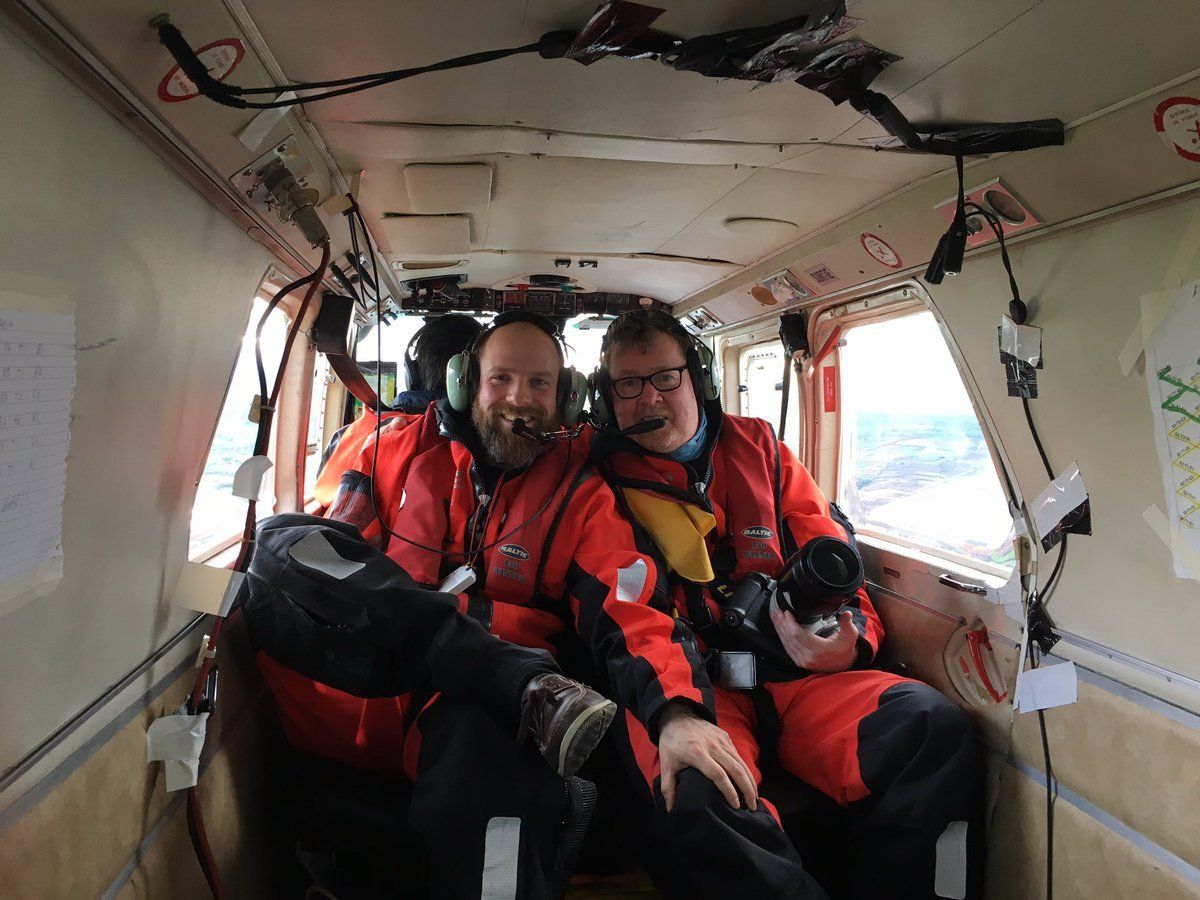Beluga whale sighted during three year survey of cetaceans off the west coast of Ireland!
A three year visual and acoustic survey in Irish waters has revealed some interesting results with total of 20 species of whales and dolphins recorded, and almost 2,200 sightings confirmed through aerial surveys of the ObSERVE-Acoustic Programme. The project also recorded a rare Arctic species, revealing new insight into cetacean abundance and distribution.
The ObSERVE-Acoustic Project started in April 2015, and aimed to determine whether the shelf edge off the west coast of Ireland was an important habitat for cetaceans (whales, dolphins and porpoise), particularly beaked whales. This project was an excellent example of National and International collaboration and practice in the management of offshore habitats for cetaceans.
The acoustic survey was conducted by a team of cetacean researchers, at Galway-Mayo-Institute of Technology (GMIT), who detected some 380 Sperm whales ( Physeter macrocephalus ), in addition to at least three beaked whale species (Ziphiidae spp.). This interdisciplinary approach highlights the use of acoustic recordings during marine mammal surveys, as scientists may find it difficult to detect elusive deep-diving species, that are generally found far offshore, by sight. The critically endangered blue whale ( Balaenoptera musculus) was also detected even at a distance of up to 200 km away using acoustic recorders moored off the west coast.Strong seasonal trends in vocalising animals were determined and it appears some species produce more sounds closer to the breeding season.
Prior to this study, little information on the spatial and temporal distribution of beaked whales off the west coast of Ireland was available. The study used 8 fixed bottom mounted autonomous recorders that allowed the detection of three species of beaked whales, including Cuvier's beaked whale ( Ziphius cavirostris) and northern bottlenose whale ( Hyperoodon ampullatus ).
Short video of the 2nd passive acoustic monitoring survey on-board "Song of the Whale" for the ObSERVE Acoustic & Visual survey 2015 by John Collins- IWDG.
The first sighting of a sowerby's beaked whale ( Mesoplodon bidens) was also confirmed on-board the Marine Institutes vessel R.V. Celtic Voyager during the project (Berrow et al., 2018).
While a group of 16 Sowerby's were also sighted in November 2016 during the aerial surveys. The aerial survey conducted by scientists at University College Cork, concluded that minke whales ( Balaenoptera acutorostrata)
were the most frequently sighted baleen whale and appeared to be more abundant during the summer months. In contrast, they found that bottlenose dolphins ( Tursiops truncatus),
were the most abundant during the winter than summer, with 2016-2017 having the most sightings ever recorded. A rare sighting of an Arctic beluga whale ( Delphinapterus leucas)
was also recorded during the aerial survey.
The ObSERVE Programme also highlighted the significance of the Irish Atlantic Margin for seabirds, with 10,000 sightings of seabirds recorded of 24 different species.
Dr. Mark Jessop of UCC said "The aerial programme was particularly ambitious and logistically challenging, but has provided essential information on the distribution of cetaceans in summer and winter over consecutive years. This is the first time we have been able to get robust estimates of cetacean abundance at sea, essential to inform management an conservation of populations".
Among rare sightings of Arctic cetaceans the survey also revealed significant variation among dolphin species over summer and winter months. The€2.7 million euro project was coordinated by The Department of Communications, Climate Action and Environment, in partnership with the National Parks and Wildlife Services.
In recent years, more and more Arctic species have been sighted in Atlantic waters, a growing concern for scientists who are monitoring the effects of climate change on the distribution of marine top predators. Read more here: https://www.orcireland.ie/arctic-species-adrift.
References
:
Berrow, Simon., Meade, Rossa., Marrinan, Michael., McKeogh, Enda., O'Brien, Joanne (2018).
First confirmed sighting of Sowerby’s beaked whale (Mesoplodon bidens (Sowerby, 1804)) with calves in the Northeast Atlantic Marine Biodiversity Records, 20,
URL - https://doi.org/10.1186/s41200-018-0154-1
Kowarski K, Delarue J, Martin B, O’Brien J, Meade R, Ó. Cadhla O, et al. (2018) Signals from the deep: Spatial and temporal acoustic occurrence of beaked whales off western Ireland. PLoS ONE 13(6): e0199431. https://doi.org/10.1371/journal.pone.0199431
SHARE THIS ARTICLE

















